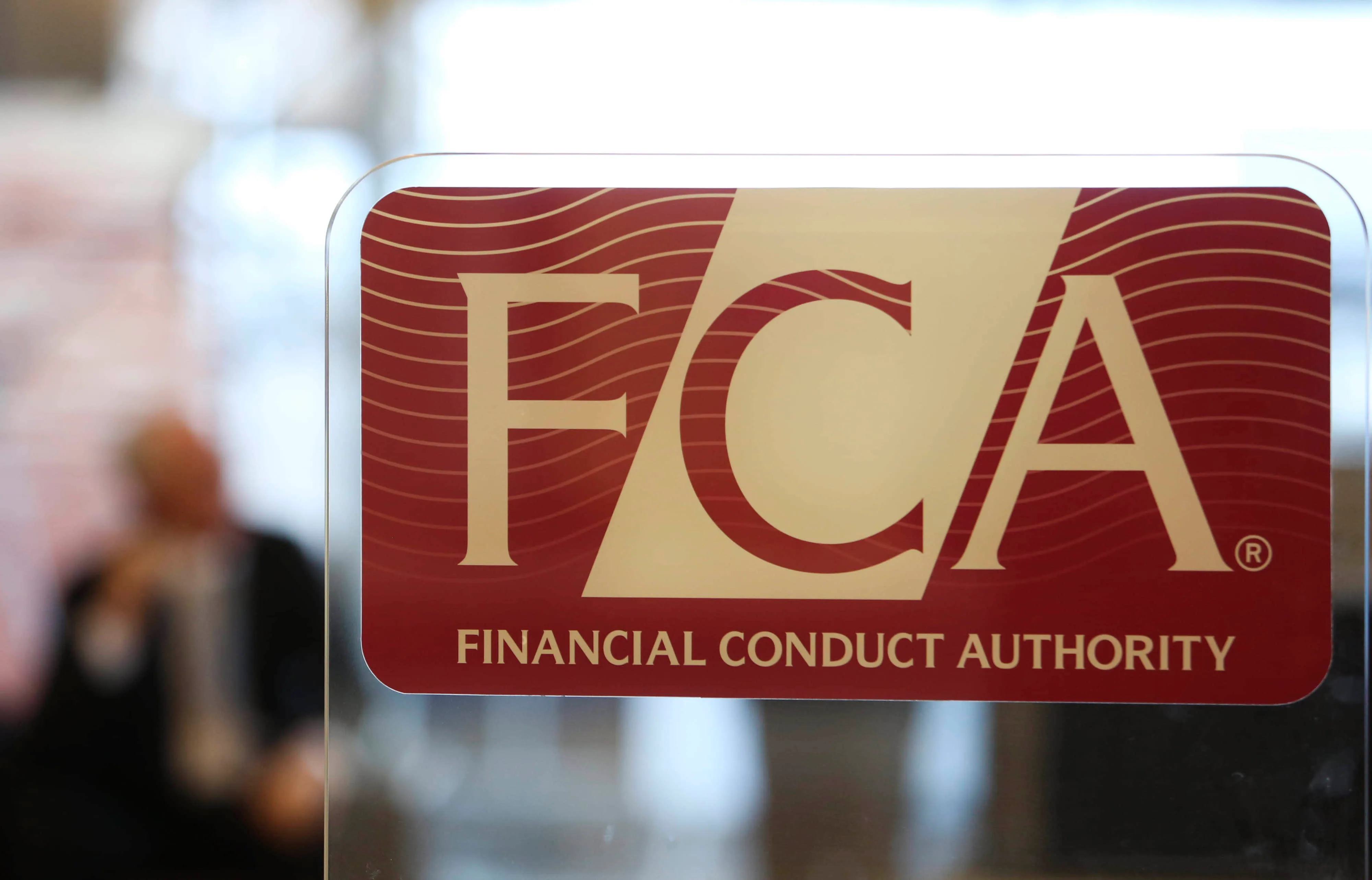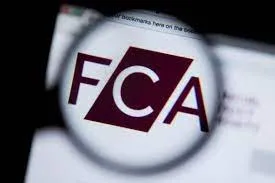The UK is a major financial and economic hub, with London being one of the world’s leading financial markets. As such, the UK has been at the forefront of implementing stringent AML (Anti-Money Laundering) and CFT (Counter-Financing of Terrorism) regulations to ensure that their financial systems are free from illegal and fraudulent financing activities. In this blog post, we will be exploring the current state of AML regulations in the UK, as well as looking at how organisations can meet these reporting obligations.
A Snapshot of Economic Growth in the UK
Over the past five years, the United Kingdom has seen a period of sustained economic growth. The country’s GDP grew by an average of 1.8% during 2018-2022, and according to the IMF (International Monetary Fund), is expected to continue growing into 2023 and 2024 at a rate of 1.7%. With this strong economy comes increased investment and opportunities for businesses, but also higher risks when it comes to AML and other financial crimes.

The FCA and their Requirements
In order to ensure that businesses in the UK are compliant with AML regulations, they must adhere to the standards set out by the FCA (Financial Conduct Authority), the primary regulator for AML/CFT compliance within the UK.
The FCA is responsible for ensuring that all organisations and reporting entities comply with their anti-money laundering obligations under both domestic and international standards set out by authorities such as HM Treasury and the FATF (Financial Action Task Force).
The FCA requires all organisations and reporting entities to implement AML/CFT regulations and procedures listed in the section below. Additionally, all organisations must also be able to detect suspicious activity through transaction monitoring solutions as well as ensure that proper risk management processes are put into place. The FCA also provides guidance on how firms should approach AML/CFT supervision and audit processes in order to ensure compliance with their obligations under UK legislation and international standards set out by bodies such as FATF and OECD (Organisation for Economic Co-operation and Development).

The Current Landscape of AML Regulations in the UK
In recent years there has been an increased focus on tackling money laundering across Europe and the UK - particularly within London's financial sector - due largely to its importance as an international financial hub and centre for global trade and investment activities. As part of this effort, regulations and procedures have been implemented by the FCA such as:
• Customer Due Diligence (CDD)
• Ongoing monitoring of customers' accounts for suspicious transactions or activities
• Controls against PEPs, SIPs and RCAs
• Sanctions screening processes
• Adverse media checks on customers
• Customer Identity Verification (CIV)
• Record keeping procedures (i.e., annual compliance reports, internal reviews, third-party audits)
• Continuous AML/CFT training programs
Furthermore, organisations must also adhere to stricter transaction monitoring obligations - either manually or automated - in order to detect suspicious behaviour or transactions which may indicate money laundering activities taking place within their organisation or ecosystem of customers/clients.

Summary of Regulated Industries and Businesses in the UK
The FCA is responsible for regulating businesses that provide services or products related to finance or banking in the UK market, including banks, building societies, insurers, investment firms, peer-to-peer lending companies and consumer credit firms among others.
As part of FCA’s responsibilities, they also administer AML regulations across all other regulated industries in the country such as:
• Legal services providers (including solicitors)
• Accountants and tax advisors
• Real estate brokers & agents
• Casinos & gambling businesses
• Bullion traders & jewellers
• Money service business operators (MSBs)
• Trust or company service providers (TCSPs) and property traders among many others.
Recent legislation has extended FCA’s AML requirements to Virtual Asset Service Providers (VASPs) and providers of payment services such as e-money issuers. Companies providing legal or accounting services must also comply with ML/TF regulations if their services involve helping clients move funds internationally or giving advice on complex financial structures.

AML Non-compliance Within Organisations in the UK
Despite increased efforts on behalf of FCA and other national/international regulatory bodies towards tightening up existing AML laws within organisations operating across the UK– especially those based out of London – there have still been numerous cases reported where money laundering has taken place without adequate measures being put into place beforehand by companies who thought it wasn’t worth investing time/resources into creating compliant systems and processes.
This often results in hefty fines being handed down upon those found guilty – ranging from hundreds of thousands of pounds up to millions depending on severity. Examples include HSBC bank being fined £63.9 million back in 2021 for “unacceptable failings” of its AML systems. In the same year, a London-based crypto asset exchange was fined £620k for failing to carry out adequate CDD checks on its customers. PwC was fined nearly £5 million over similar charges in 2022.
These fines highlight just how important it is for organisations to take the appropriate steps towards ensuring full compliance with all applicable laws governing AML practices before engaging in any kind of business.

Is the UK on a Grey List Issued by FATF?
Though not currently listed as a ‘grey list’ country by the FATF – an intergovernmental organisation established to combat money laundering and terrorism financing – businesses operating within the UK still need to be aware that they could be subject to scrutiny from both national authorities as well as overseas regulators who take a closer look at countries deemed high risk for AML/CFT activities. It is important that businesses always take proactive steps towards meeting applicable regulatory requirements & conduct a periodic review of their AML regulations and procedures.

Meeting the FCA’s Requirements
In order to meet FCA requirements for AML compliance, organisations must have strong risk management solutions in place that allow them to identify any risks associated with their business operations as well as their customers’ activities across different jurisdictions. This includes measures such as enhanced customer due diligence procedures for high-risk customers, regular transaction monitoring using advanced analytics tools and ongoing reviews of customer profiles for any changes or red flags that might indicate fraudulent behaviour or ML activity.
Organisations must also understand their obligations under the recently amended MLR 2022 (Money Laundering Regulations 2022) which require them to keep records of all customer data collected during CDD processes and perform periodic discrepancy checks against 3rd party databases such as sanctions lists provided by OFSI (Office of Financial Sanctions Implementation) or HM Treasury Sanctions List Regime.

Conclusion
To summarise, the state of AML regulations in the UK has seen an increase in enforcement action over the past few years due to a tougher stance taken by the FCA against non-compliant organisations, resulting in higher penalties & stricter scrutiny. It is clear that effective risk management solutions are necessary for organisations operating within the UK so that they can stay up to date on changes in legislation regarding AML regulations set forth by the FCA. Not only will this help organisations and reporting entities to remain compliant, but it will also enable them to reduce costs associated with manual processes such as transaction monitoring.
At MemberCheck, we understand your need for robust risk management solutions that meet your regulatory requirements so you can focus on growing your business without worrying about compliance issues. Our comprehensive suite of services enables you to stay ahead of any potential risks & remain compliant throughout your journey.
Related articles

The Reserve Bank of India and AML/CTF regulations

March 14, 2021

3 Minutes
#AML/CTF #India #Regulation
The Reserve Bank of India, which was established on April 1, 1935 in accordance with the provisions of the Reserve Bank of India Act,
Learn More

AML regulations in India

March 15, 2021

2 Minutes
#AML/CTF #India #Regulation
In recent times, money laundering and terrorism financing have attracted a lot of attention forcing governments and regulators, across the globe, to focus their energies on stopping the illicit flow of funds. However,
Learn More


































